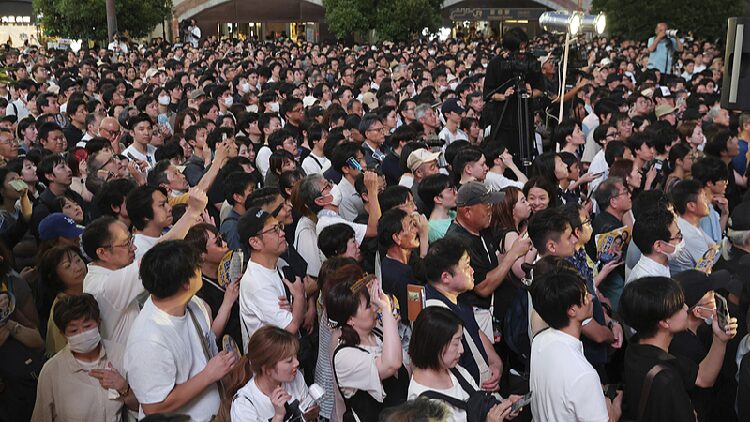Belgrade, Serbia — Serbia’s parliament officially accepted the resignation of Prime Minister Milos Vucevic on Wednesday, setting off a 30-day countdown for the formation of a new government or the possibility of a snap election.
Vucevic, who leads the ruling Serbian Progressive Party, stepped down on January 28 following nationwide protests. The demonstrations were ignited by a tragic incident last November when an awning collapsed at a train station in the northern city of Novi Sad, claiming the lives of 15 people.
The accident sparked outrage across the country, with citizens demanding accountability and better infrastructure safety measures. Critics blamed government negligence and called for immediate action to prevent such disasters in the future.
The acceptance of Vucevic’s resignation by parliament now requires political leaders to either agree on a new government within the next month or face the prospect of early elections. The coming weeks are expected to be a critical period for Serbia’s political landscape as parties negotiate to form a stable administration.
The ruling party has not yet announced its candidate for the prime ministerial post. Meanwhile, opposition groups are pushing for significant reforms and greater transparency in government operations.
The international community is watching closely, as Serbia plays a key role in the stability of the Balkan region. The outcome of this political transition could have far-reaching implications for the country’s future and its relations with neighboring nations.
Reference(s):
Serbian PM's resignation triggers 30-day deadline for new government
cgtn.com








